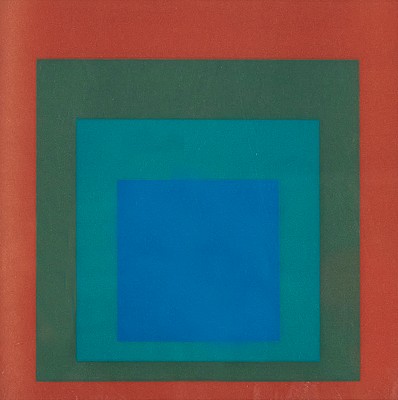Staricius, Johannes Neu-vermehrter Helden-Schatz das ist, naturkündliches Bedencken uber und bey vulcanischer, auch natürlich-magischer Fabrefaction u
Lot 1016
Absentee vs Live bid
Two ways to bid:
- Leave a max absentee bid and the platform will bid on your behalf up to your maximum bid during the live auction.
- Bid live during the auction and your bids will be submitted real-time to the auctioneer.
Bid Increments
| Price | Bid Increment |
|---|---|
| EUR€0 | EUR€10 |
| EUR€100 | EUR€10 |
| EUR€200 | EUR€20 |
| EUR€300 | EUR€30 |
| EUR€420 | EUR€30 |
| EUR€480 | EUR€20 |
| EUR€500 | EUR€50 |
| EUR€2,000 | EUR€200 |
| EUR€3,200 | EUR€300 |
About Auction
By Jeschke Jádi Auctions Berlin GmbH
Apr 29, 2022
Set Reminder
2022-04-29 07:00:00
2022-04-29 07:00:00
America/New_York
Bidsquare
Bidsquare : Rare Books, Prints, Classical Art (Auction 141)
https://www.bidsquare.com/auctions/jeschke-van-vliet/rare-books-prints-classical-art-auction-141-9237
Jeschke Jádi Auctions Berlin GmbH info@jvv-berlin.de
Jeschke Jádi Auctions Berlin GmbH info@jvv-berlin.de
- Lot Description
Staricius, Johannes Neu-vermehrter Helden-Schatz das ist, naturkündliches Bedencken uber und bey vulcanischer, auch natürlich-magischer Fabrefaction und Zubereitung der Waffen des berühmten Helden Achillis in Griechen-Land. Mit 4 Textholzschnitten u. einigen Schlussvignetten. Frankfurt u. Leipzig, o.V., 1734. 4 Bll., 452 (recte 352) S., 15 Bll., 6 weiße Bll. Kl.-8°. Pgt. d. Zt. mit gepr. RTitel u. Rotschnitt (fleckig u. angeschmutzt). Graesse, BMP, 122. - Vgl. Jahns 986. Ackermann V, 864. Rosenthal 807. Jantz 2399. Dorbon 4655. Duveen 563 (Ausg. 1684): "A curious book of secrets." - Sechste Auflage dieses erstmals 1615 in Aschaffenburg erschienenen Werkes. - Bei grossen Teilen des Werkes handelt es sich wohl um eine Abschrift aus dem 1608 erschienenen Traktat "De Igne Magorum" von Heinrich Khunrath. Der grosste Teil vom "Heldenschatz" knupft an den Mythos von der Herstellung der Waffen Achills durch Vulcanus an und enthält Anweisungen zur Kriegstechnik, Hausmitteln, Vorschriften zur Fabrikation von Ölen und Metallen, kuriose bzw. magische Rezepten medizinischer, gastronomischer und kosmetischer Art, sowie Anleitungen für Haus- und Landwirtschaft. - Johann Staricius war um 1641 in Nurnberg als Chemiker tatig und gab 1618 erstmals die Paracelsus-Schrift "Philosophia de limbo" heraus. - Gebräunt. 1 weißes Bl. am Ende mit handschr. Besitzvermerk u. -Eintragung (datiert 1832). Book of secrets. - With 4 small woodcuts in the text and a few tail-pieces. - Sixth edition of this work first published in Aschaffenburg in 1615. - Large parts of the work are probably a copy of the treatise "De Igne Magorum" by Heinrich Khunrath, published in 1608. The largest part of the "Heldenschatz" is linked to the myth of the manufacture of Achilles' weapons by Vulcanus and contains instructions on war technology, household remedies, regulations for the manufacture of oils and metals, curious or magical recipes of a medical, gastronomic and cosmetic nature, as well as instructions for housekeeping and agriculture. - Johann Staricius was a chemist in Nurnberg around 1641 and published Paracelsus' "Philosophia de limbo" for the first time in 1618. - Contemporary vellum with spine title and red edges (stained and slightly soiled). Browned. First blank leaf at the end of the book with handwritten ownership's inscription and annotation. *
- Buyer's Premium



 EUR
EUR CAD
CAD AUD
AUD GBP
GBP MXN
MXN HKD
HKD CNY
CNY MYR
MYR SEK
SEK SGD
SGD CHF
CHF THB
THB




